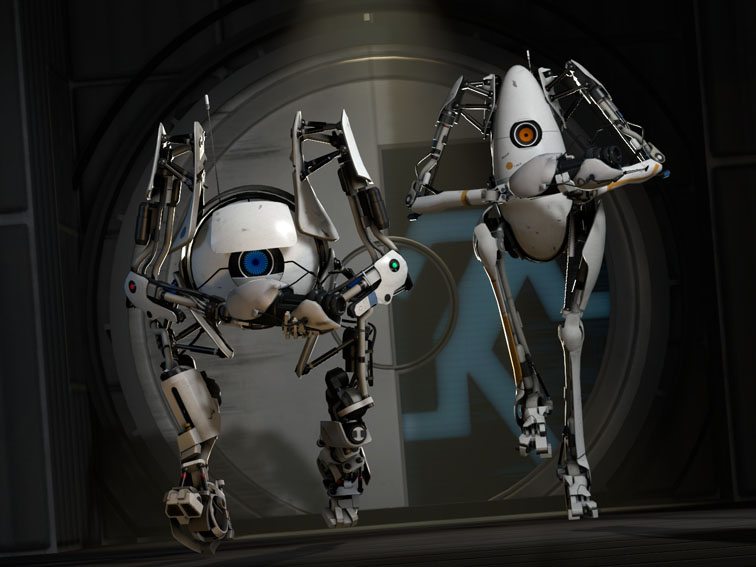
What Are The Benefits Of Game-Based Learning?
by TeachThought Staff
This post has been updated, adding additional information.
There seems to be a perception that online gaming has a detrimental impact on children’s development.
Nothing could be further from the truth, and there are countless–and complex–reasons for this, but it also makes sense to the basic benefits of game-based learning. Of course, children should not spend every single second of the day staring at a computer screen.
Nevertheless, education and online gaming certainly aren’t enemies either. Playing online games may be something that can enhance a child’s learning and development.
How?
1. Increases A Child’s Memory Capacity
Games often revolve around the utilization of memorization. This not only relates to games whereby children have to remember aspects to solve the game, memorize critical sequences, or track narrative elements.
2. Computer & Simulation Fluency
This is very important because we live in a world dominated by technology. Playing games via the internet allows children to get used to how a computer works, and thus it becomes second nature to them.
Of course, while games like Portal 2 (affiliate link) promote spatial reasoning skills, not all games promote the learning of content or advanced thinking skills. Young children with fun and exciting games that teach them to utilize the mouse and keyboard properly, not to mention browsing, usernames and passwords, and general internet navigation.
This post has an affiliate link. You can learn more about our affiliate policy here.
3. Helps With Fast Strategic Thinking & Problem-Solving
Most games require children to think quickly. Moreover, they must use logic to think three steps ahead to solve problems and complete levels. This is great because it helps children in later life as they develop their logic, accuracy, and ability to think on their feet and outside of the box.
4. Develops Hand-Eye Coordination
Games that require children to use a gamepad or a keyboard and the mouse to operate the games can help develop hand-eye coordination. Not only does this get them more tuned to how a computer works, but it also helps to develop hand-eye coordination because children have to look at the action on the screen while using their hands to control what is happening simultaneously.
5. Beneficial Specifically For Children With Attention Disorders
Online games can help children who experience attention disorders. A professor at Nottingham University concluded this and is a notion that has been repeated by many in related studies.
6. Skill-Building (e.g., map reading)
A lot of games contain certain aspects that help children with specific skills. For example, many mystery and adventure games contain maps children must read. This helps their map reading skills and practical thinking. Moreover, some games, such as football management games, introduce children to managing finances and general project management.
As you can see, there are a whole host of reasons why online games can be beneficial for children. Thus, education and gaming aren’t enemies; many would say they are more like best friends.
This not only relates to games whereby children have to remember aspects to solve the game, memorize critical sequences, or track narrative elements.
Games like Freecell and Minesweeper contribute to a child’s memory development through various cognitive processes. Freecell enhances short-term memory as players remember card values and sequences for strategic moves, while also exercising memory and foresight in planning and organization. Minesweeper relies on spatial memory to remember mine locations and reasoning to deduce mine positions, honing memory skills. Trial and error learning in both games involves memorizing past moves, leading to improved memory capacity, recall abilities, and strategic thinking while having an entertaining time.
This is useful because it helps children in later life as they develop their logic, accuracy, and ability to think on their feet and outside of the box.
Games like Hearts contribute to problem-solving by presenting players with complex challenges that require strategic thinking and decision-making. Players must analyze the game state, anticipate opponents’ moves, and create effective strategies to avoid receiving penalty points.
This is a contributed post from Celina Jones, a freelance blogger associated with Cartoon Network; 6 Basic Benefits Of Game-Based Learning
